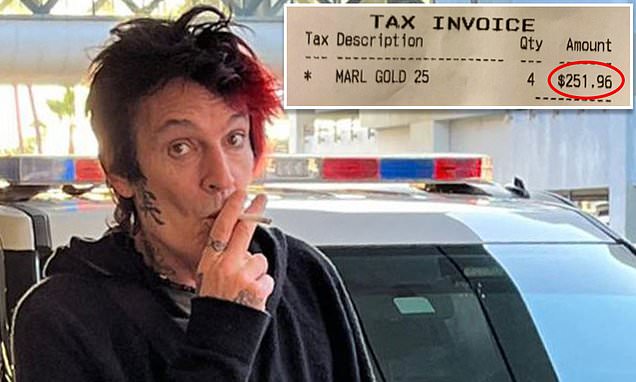EclipseRedRing
I smell like a Christmas pudding
According to the news this morning there has been a reversal of the planned ban on selling cigarettes in New Zealand to anyone born after 2008 in order to fund tax cuts.

 www.bbc.co.uk
www.bbc.co.uk

New Zealand smoking ban: Health experts criticise new government's shock reversal
Health experts are appalled as the new government plans to repeal the policy to fund tax cuts.






